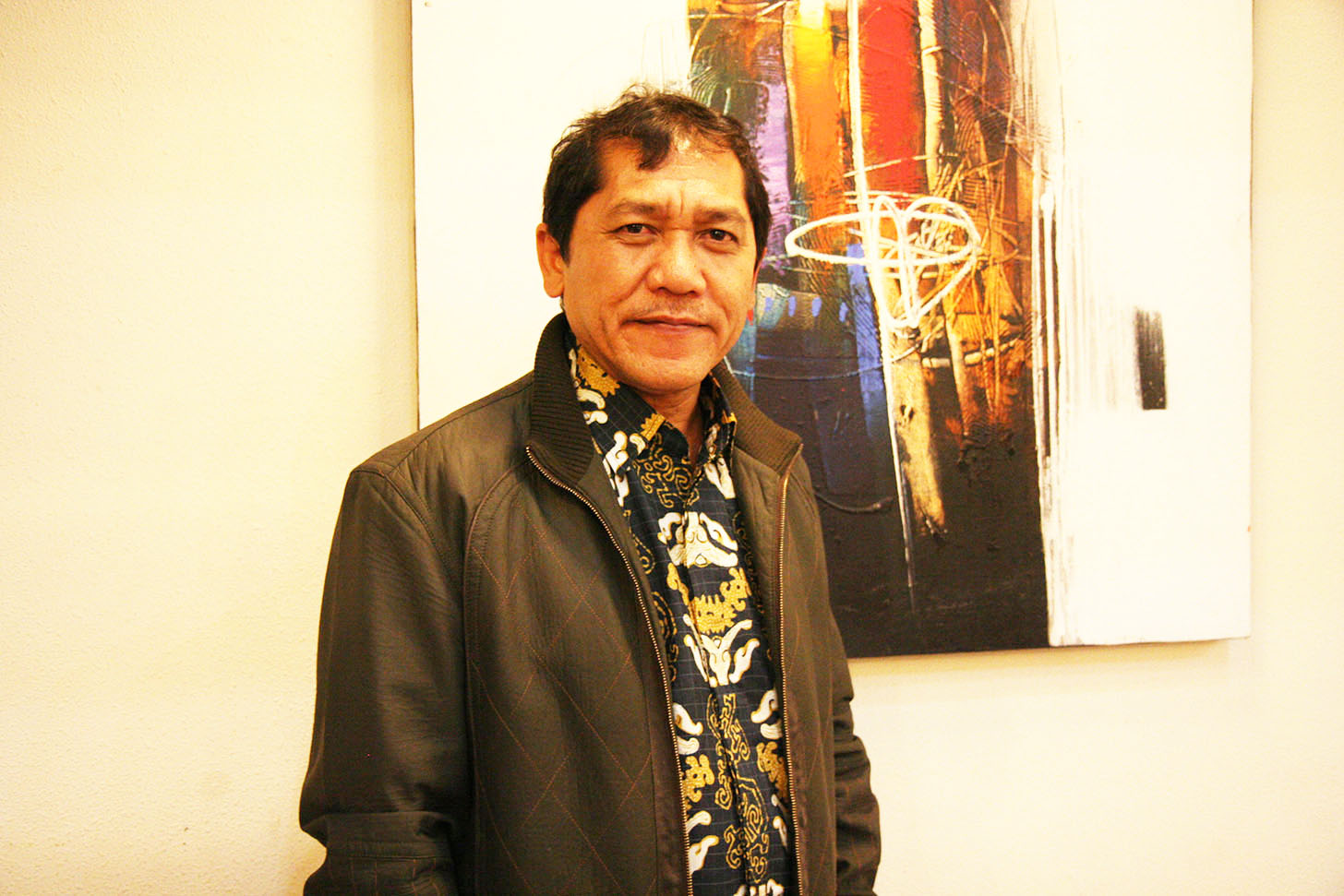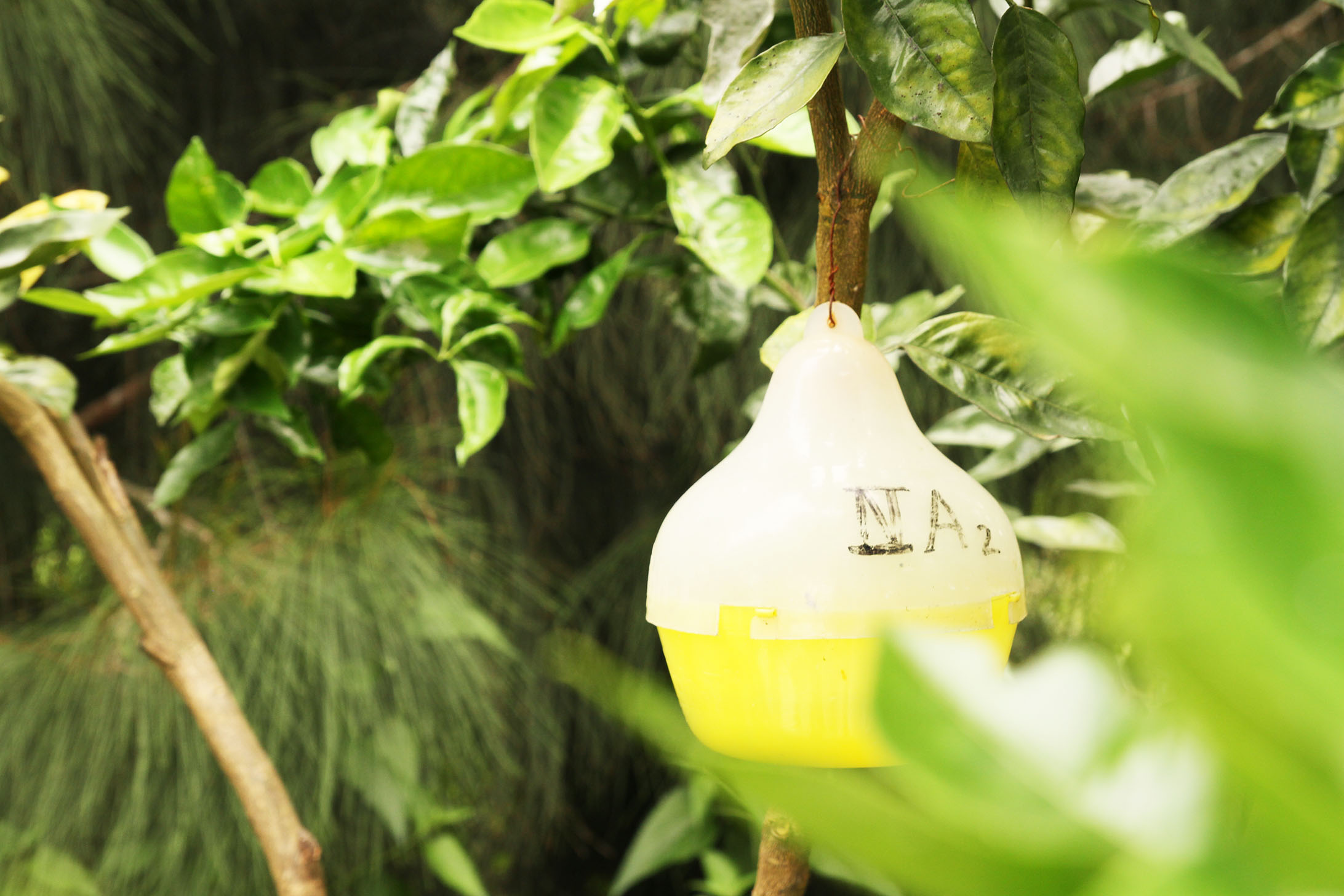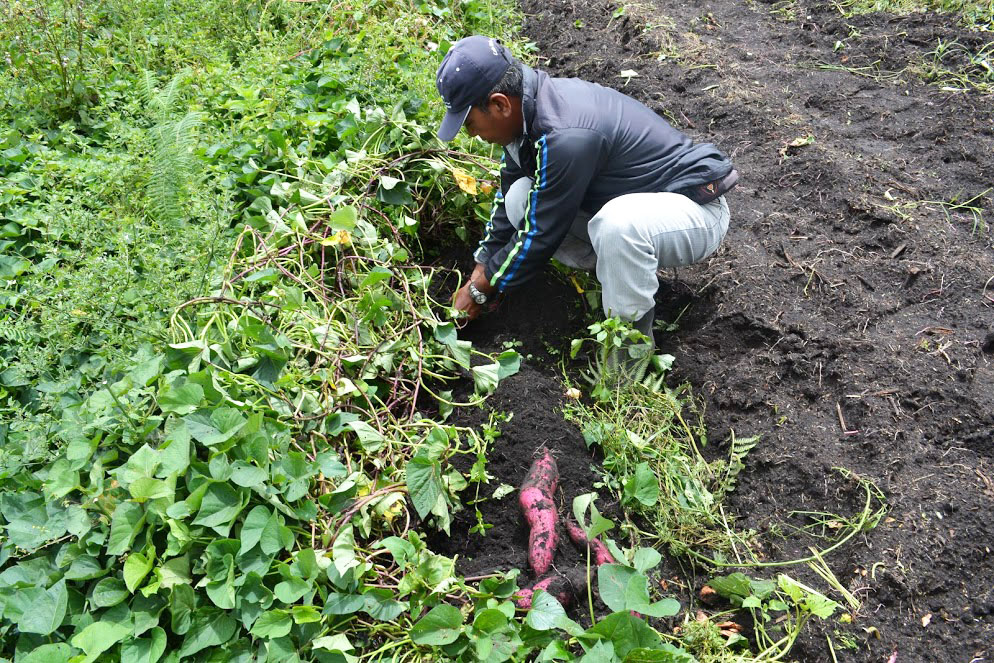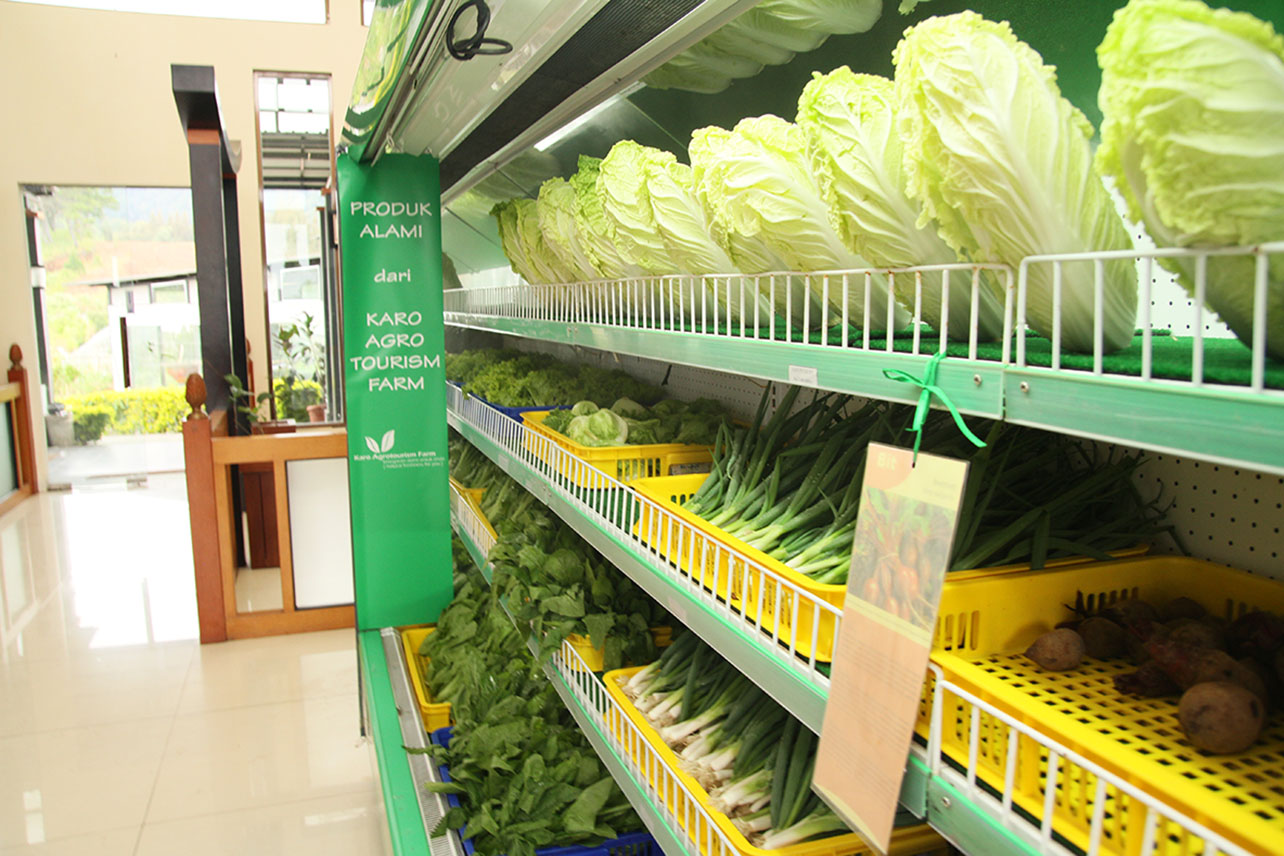Karo is Regency in North Sumatra, Indonesia where several activities of ASEAN Sustainable Agrifood Systems (ASEAN SAS) project are being implemented to promote sustainable organic farming including capacity building for smallholders and extentionist on integrated farming and Fruit fly management in citrus. Let’s hear from Mr. Terkelin Brahmana, Head of Karo Regency and learn more about Karo and the needs for cooperation.

Can you please tell us about Karo particularly in terms of agriculture?
“Karo Regency is a plateau region where its most favored products are agriculture products such as chilly, cabbage, tomatoes, and other vegetables. These are supplied to the whole country. We used to export our products to Malaysia and Singapore, but now we only supply them in the local market in Medan, Batam and Jakarta.”

What are the major concerns of agriculture sector in Karo?
“We are concerned with productivity and market. We are working on developing our Karo’s organic agriculture products and quality to be able to compete with products in Asian market. In competing with foreign countries, we have many obstacles, for example, human resources, budget, and regulatory issues. Still, our farming is very conventional and the way we operate our farming system is traditional. Also we lack of knowledge. Karo is located in remote areas in the mountains, which is far away from the city center. There are a lot to be done to improve the agriculture sector in Karo.”

How do ASEAN SAS and GIZ involve in all these development processes?
“We want to be able to compete with other countries, and one of the ways is to open the door to the outside. ASEAN SAS can take part in bringing in information and knowledge to the Karo people. We cannot grow vegetables if only relying on traditional farming. The local people have to learn to open and accept the new innovative practices. This is the reality. Also, as we are approaching the ASEAN Economic Community, we will have to be ready, otherwise, our people could only become ‘coolie laborers’. I do not want to see our people to become only daily workers in the future. So, we need ASEAN SAS and GIZ as an agent of change to bring in technology, and develop capacities of our people, for example, training our farmers to working together with our local government officers.”
For capacity development training for farmers, in what areas do you need urgent attention?
“The most urgent attention is to combine the technology and motivation. The higher technology must be combined with the higher motivation. Farmers need their motivation boosted and then we need to supply them with knowledge and technology. For example, what is successfully implemented in other countries, we should be able to do it and succeed as well with some proper adaptation.
Besides, our local extension officers need to be motivated. In the past ten years, things have been still as they are. The officers have been working in the same old position for years. They need a mind revolution so that we are not lagged behind and will be able to compete with other countries that are doing the same business such as Thailand.”
Interviewed by Benyamin Sitepu and Rojana Manowalailao, ASEAN Sustainable Agrifood Systems (ASEAN SAS)
